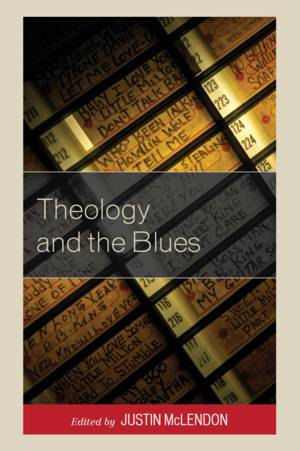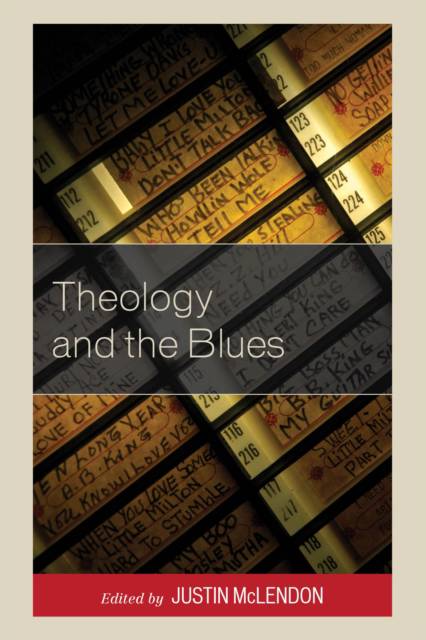
- Afhalen na 1 uur in een winkel met voorraad
- Gratis thuislevering in België vanaf € 30
- Ruim aanbod met 7 miljoen producten
- Afhalen na 1 uur in een winkel met voorraad
- Gratis thuislevering in België vanaf € 30
- Ruim aanbod met 7 miljoen producten
Zoeken
Theology and the Blues
€ 175,95
+ 351 punten
Omschrijving
While all music genres incorporate religious imagery, the blues has its origin in the soil of the church. In its infancy, the blues was often dismissed as undermining the church's gospel songbook. The initial resistance, however, could not suppress the organic development of a genre of music born from suffering. The great Mississippi Delta bluesman, Muddy Waters, once said, "The blues was born behind a mule." Behind a beast of burden, the working man found in the blues a way to console the everyday experiences of struggle, sin, loss, despair, love, grief, sin, death, and the fear and hope of crossing the River Jordan into eternal life. The church's gospel songbook explores doctrinal foundations set to music, but the blues dares to uncover insight into the lived experiences of spiritual journeys. Theology and the Blues showcases theological themes inherent within the organic and expressive genre of the blues.
Specificaties
Betrokkenen
- Uitgeverij:
Inhoud
- Aantal bladzijden:
- 280
- Taal:
- Engels
- Reeks:
Eigenschappen
- Productcode (EAN):
- 9781978714588
- Verschijningsdatum:
- 19/02/2025
- Uitvoering:
- Hardcover
- Formaat:
- Genaaid
- Afmetingen:
- 152 mm x 229 mm
- Gewicht:
- 521 g

Alleen bij Standaard Boekhandel
+ 351 punten op je klantenkaart van Standaard Boekhandel
Beoordelingen
We publiceren alleen reviews die voldoen aan de voorwaarden voor reviews. Bekijk onze voorwaarden voor reviews.







